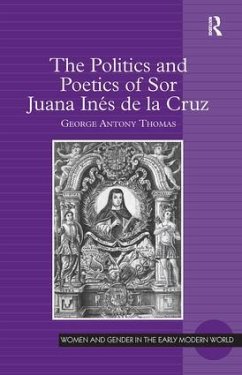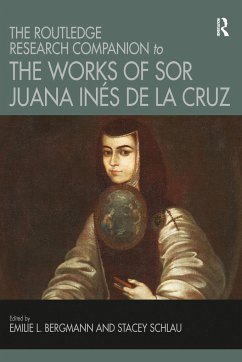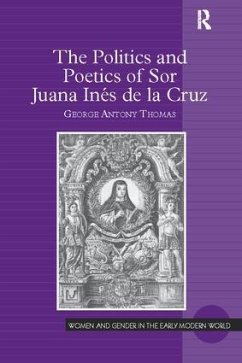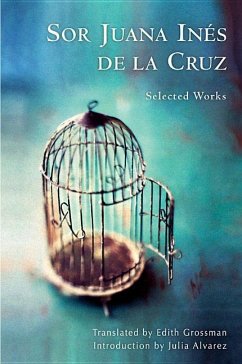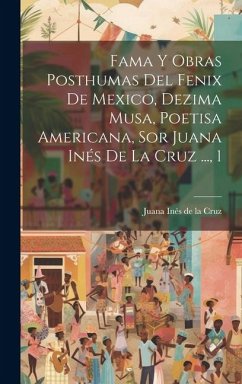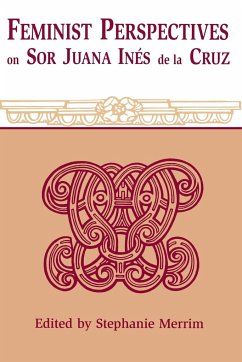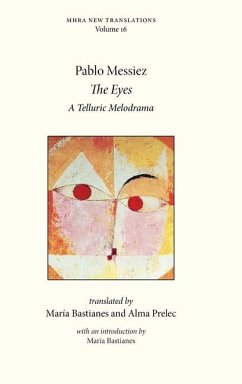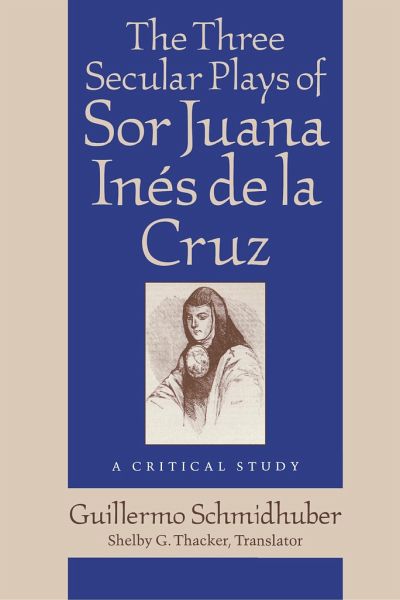
The Three Secular Plays of Sor Juana Inés de la Cruz
A Critical Study
Versandkostenfrei!
Versandfertig in über 4 Wochen
30,99 €
inkl. MwSt.

PAYBACK Punkte
15 °P sammeln!
" Sor Juana Inés de la Cruz (1648-1695) wrote poetry, prose, and plays and is considered the greatest of Mexican women writers. She was an intellectual prodigy, reportedly mastering Latin in twenty lessons, and at sixteen she entered a convent so that she might continue her learning. One of the most influential early feminists in the New World, she answered a bishop's criticism in a letter that has become a classic defense of the education of women. She collected a private library of 4,000 volumes, but when she was told that her studies were delaying the progress of her spiritual education, s...
" Sor Juana Inés de la Cruz (1648-1695) wrote poetry, prose, and plays and is considered the greatest of Mexican women writers. She was an intellectual prodigy, reportedly mastering Latin in twenty lessons, and at sixteen she entered a convent so that she might continue her learning. One of the most influential early feminists in the New World, she answered a bishop's criticism in a letter that has become a classic defense of the education of women. She collected a private library of 4,000 volumes, but when she was told that her studies were delaying the progress of her spiritual education, she gave away her books and devoted herself to religious studies. Traditionally, scholars have attributed only one complete play to Sor Juana, but in 1989 Guillermo Schmidhuber discovered a lost play, The Second Celestina, which he proved conclusively to be Sor Juana's earliest comedia, co-authored with Agustin Salazar y Torres. His critical study is the first dedicated exclusively to the secular plays and the first to confirm Sor Juana's authorship of three dramatic pieces. Combining literary history and criticism, Schmidhuber explores the life and originality of Sor Juana's dramas and helps elucidate her enigmatic genius. Though Sor Juana's work as a poet and intellectual has received increasing attention in the last decade, writing about her has rarely taken into account her role as dramatist. Schmidhuber helps correct this critical imbalance by examining Sor Juana's plays in light of dramatic theory. He finds elements of both mannerist and baroque theater in her work, sometimes both within the same play. Critic and playwright Guillermo Schmidhuber is Secretary of Culture for Jalisco state in Mexico. Shelby Thacker teaches Spanish at Asbury College.



